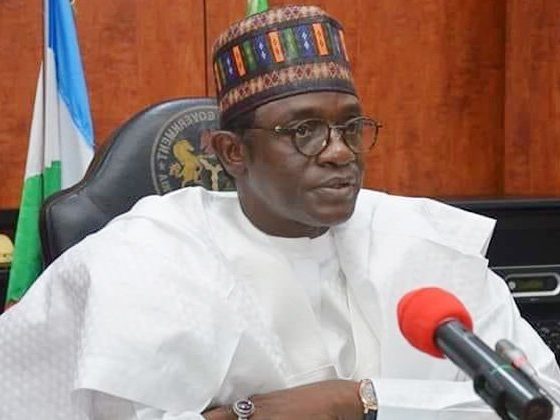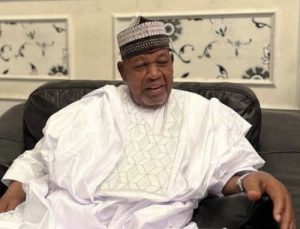ARTICLE AD
Amidst Nigeria’s grappling with surging inflation and the rising costs of living, organized Labor, spearheaded by the Nigeria Labour Congress (NLC), has proposed a bold N500,000 minimum wage for Nigerian workers.
This development coincides with the commencement of zonal public hearings on the new wage structure today across six geopolitical zones, encompassing Lagos, Kano, Enugu, Akwa Ibom, Adamawa, and Abuja.
Joe Ajaero, the President of the NLC, hinted at the possibility of advocating for a minimum wage as high as N1 million in a recent interview on Arise TV, citing persistent inflationary trends.
A top official of the NLC, speaking under anonymity, disclosed that the figure being considered at today’s meeting stands at N500,000, as proposed by state chapters. This proposition aims to address the significant decline in purchasing power and the hardships faced by workers.
The ongoing public hearings aim to gather insights and inputs from various stakeholders, including state governors, ministers, civil society groups, and the private sector, to arrive at a consensus on a new minimum wage reflective of economic realities and workers’ aspirations.
The hearings, chaired by prominent figures like Joe Ajaero and the Minister of Finance, Wale Edun, are part of the efforts following the inauguration of a 37-member panel tasked with recommending a new national minimum wage by April 1.
According to Ajaero, “This N1m may be relevant if the value of the naira continues to depreciate; if the inflation continues unchecked because the demand of Labour is equally dependent on what is happening in the society.”
However, a top NLC official disclosed that organized Labor would insist on any amount slightly above N500,000, considering the cost-of-living analysis carried out in states, which revealed a figure close to N900,000.
He emphasized that the NLC’s demand would be based on the proposals submitted by state and local government chapters, reaffirming the organization’s commitment to advocating for a minimum wage that adequately addresses workers’ needs and economic realities.
The ongoing zonal public hearings mark a crucial step in the process of determining a new minimum wage, ensuring the inclusion of diverse perspectives and considerations from across the country.

 (2).png) 8 months ago
46
8 months ago
46 

